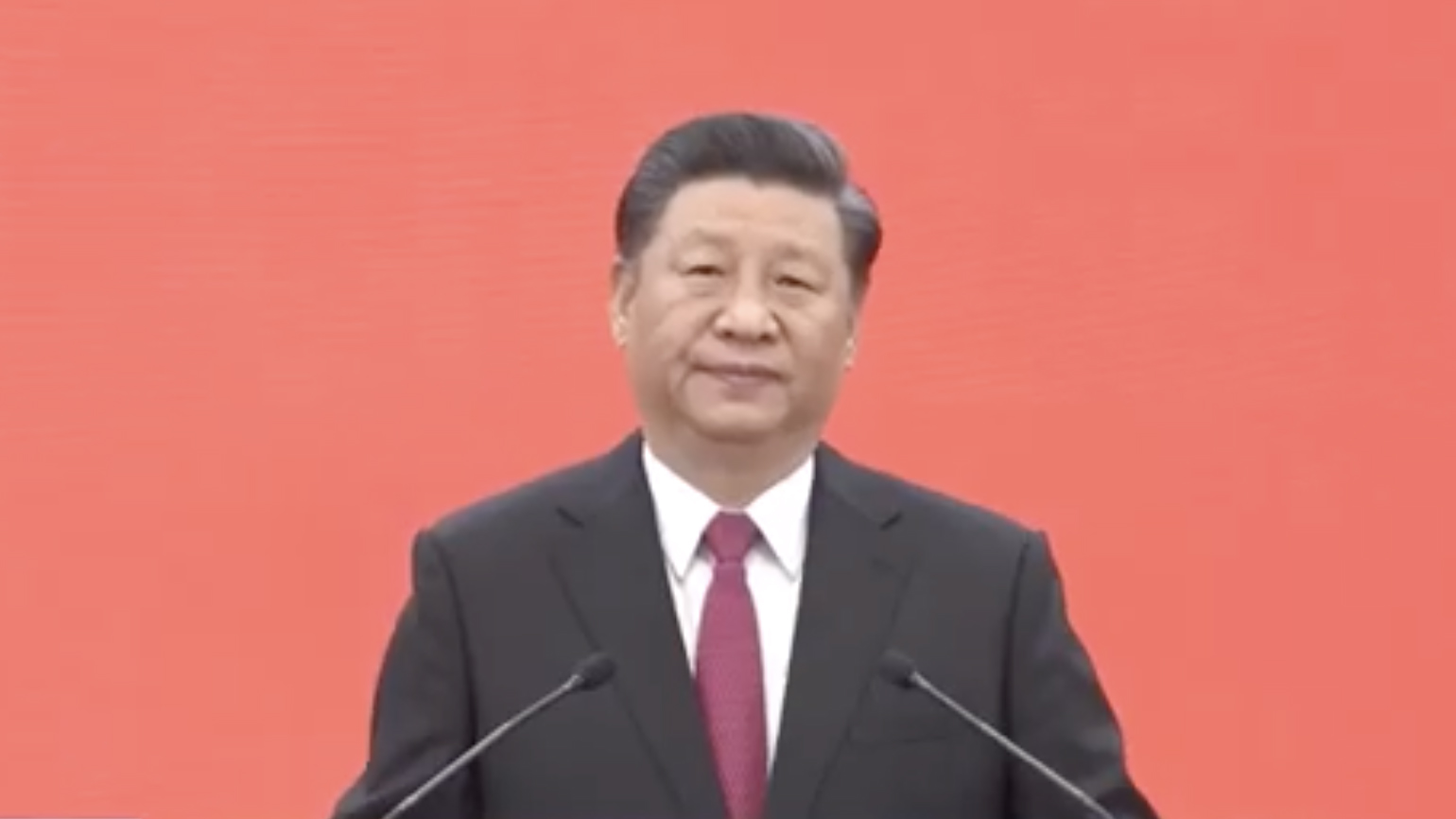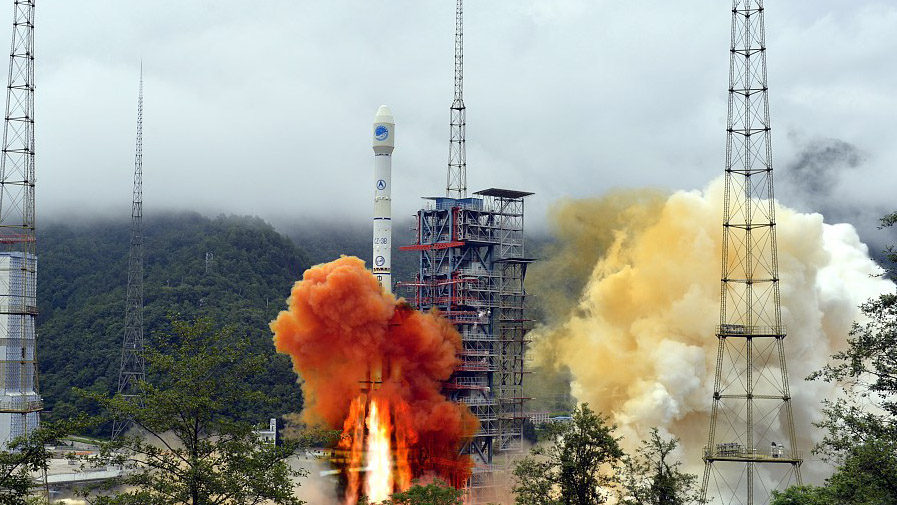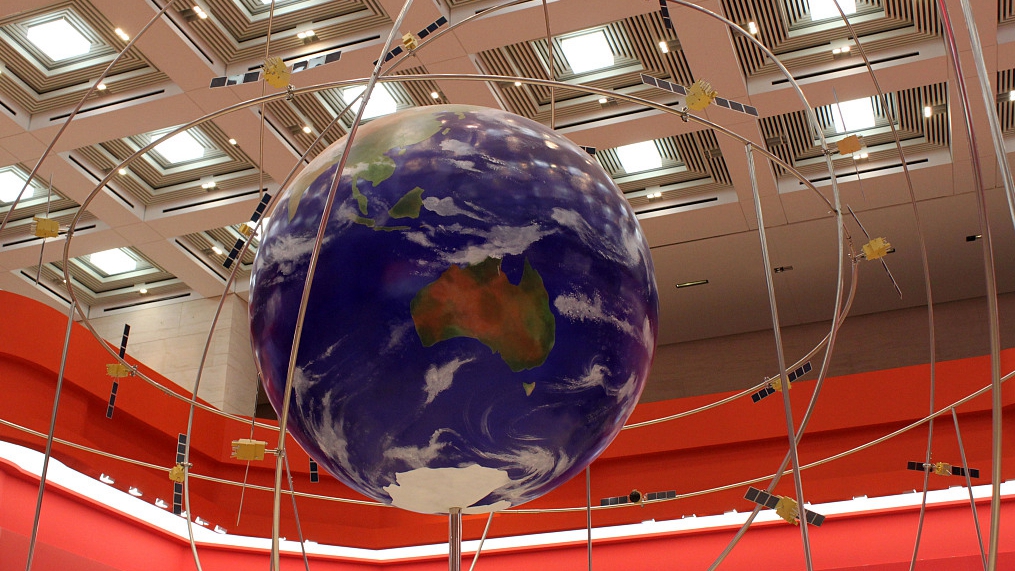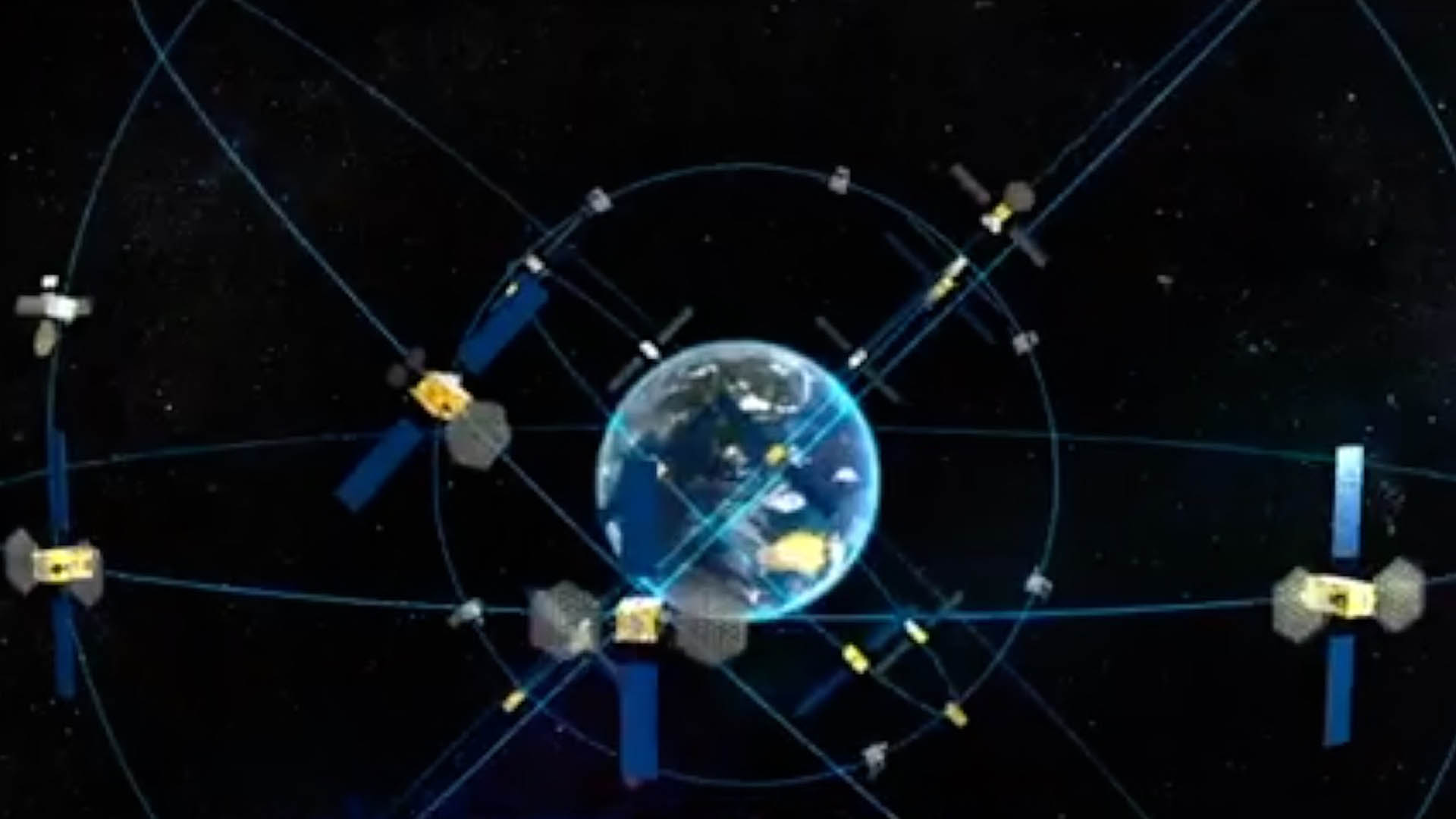00:15

Chinese President Xi Jinping, also general secretary of the Communist Party of China (CPC) Central Committee and chairman of the Central Military Commission (CMC), announced on Friday the completion and commissioning of the BeiDou Navigation Satellite System (BDS-3) at a ceremony marking the launching of the system.
Xi and other Chinese leaders attended the ceremony at the Great Hall of the People in Beijing.
At the event, Zhang Youxia, vice chairman of the CMC, read a congratulatory message jointly sent by the CPC Central Committee, the State Council and the CMC.
After the ceremony, Xi came to the Hebei Hall and visited an exhibition of the construction, development and achievement of the BDS. He also listened to an introduction of the operation services, application promotion, international cooperation and development prospects.
18:43

Xi spoke highly of the achievements of the BeiDou system, especially the BeiDou-3 Navigation Satellite System.
He pointed out that the completion of the BDS fully embodies the political advantages of China's socialist system to concentrate its efforts on major events.
This is of great significance for China to enhance its comprehensive national strength, promote China's economic development and people's livelihood under the conditions of normalized epidemic prevention and control, promote opening-up to the outside world under the current international economic situation, boost national self-confidence and strive to achieve the two centenary goals, he said.
Xi praised the hard work of all the staff involved in the development and construction of the BeiDou system, and said they have cultivated a BeiDou spirit in the new era, which must be inherited and carried forward.
Xi urged them to promote the application of the BDS, ensure the stable operation of the system and other follow-up tasks, and make new and greater contributions to promoting China's economic and social development and building a community with a shared future for mankind.
A new and updated BeiDou-3 satellite was launched from the Xichang Satellite Launch Center in southwest China's Sichuan Province on June 23.
The satellite, carried by a Long March-3B carrier rocket, is the 30th BDS-3 satellite and the 55th in the BeiDou satellite family.
02:33

The chief designer of BDS, Yang Changfeng, said BeiDou offers its users all kinds of services. This includes accurate positioning, navigation and timing, as well as short messaging communication. The services are used in various fields, including transportation, agriculture, fishing, and disaster relief.
Many of China's new infrastructure projects focus on smart technologies. These range from communications in space and 5G, to artificial intelligence and the Internet of Things. It's believed the Beidou-3 constellation services will be a major engine driving growth in the BDS market. It offers an alternative to Russia's GLONASS and the European Union's Galileo system, as well as America's GPS.
Ran Chenqi, Director General of China's Satellite Navigation Office said, "The plan is to build a more general, smarter, more integrated state-level positioning, navigation and timing system by 2035, which can be used from deep space to the bottom of the ocean, from outdoor environments to indoor environments."
08:30

Three phases of BDS development
Named after the Chinese word for the Big Dipper or Plough constellation, China's BeiDou navigation project was launched in the early 1990s. The system then became operational within China in 2000 and in the Asia-Pacific region in 2012.
With the upgrade of its third-generation satellites, the constellation consisting of 35 satellites is ready to provide global coverage, offering an alternative to Russia's GLONASS and the European Galileo systems, as well as U.S. GPS.
"The main advantage of having your own system is security of access, in the sense that you are not relying on another country to provide it. The U.S. could deny users access over certain areas, for example in times of conflict," Alexandra Stickings, from the Royal United Services Institute for Defence and Security Studies, told the BBC.
"It could also serve as a back-up if GPS were to go down entirely," she added.
(CGTN's Su Yuting contributed to this story.)
Read more:
How does the 35-satellite constellation provide global coverage?
China launches last BeiDou satellite, entering world powers of navigation system
BeiDou Navigation Satellite System: Three generations of excellence